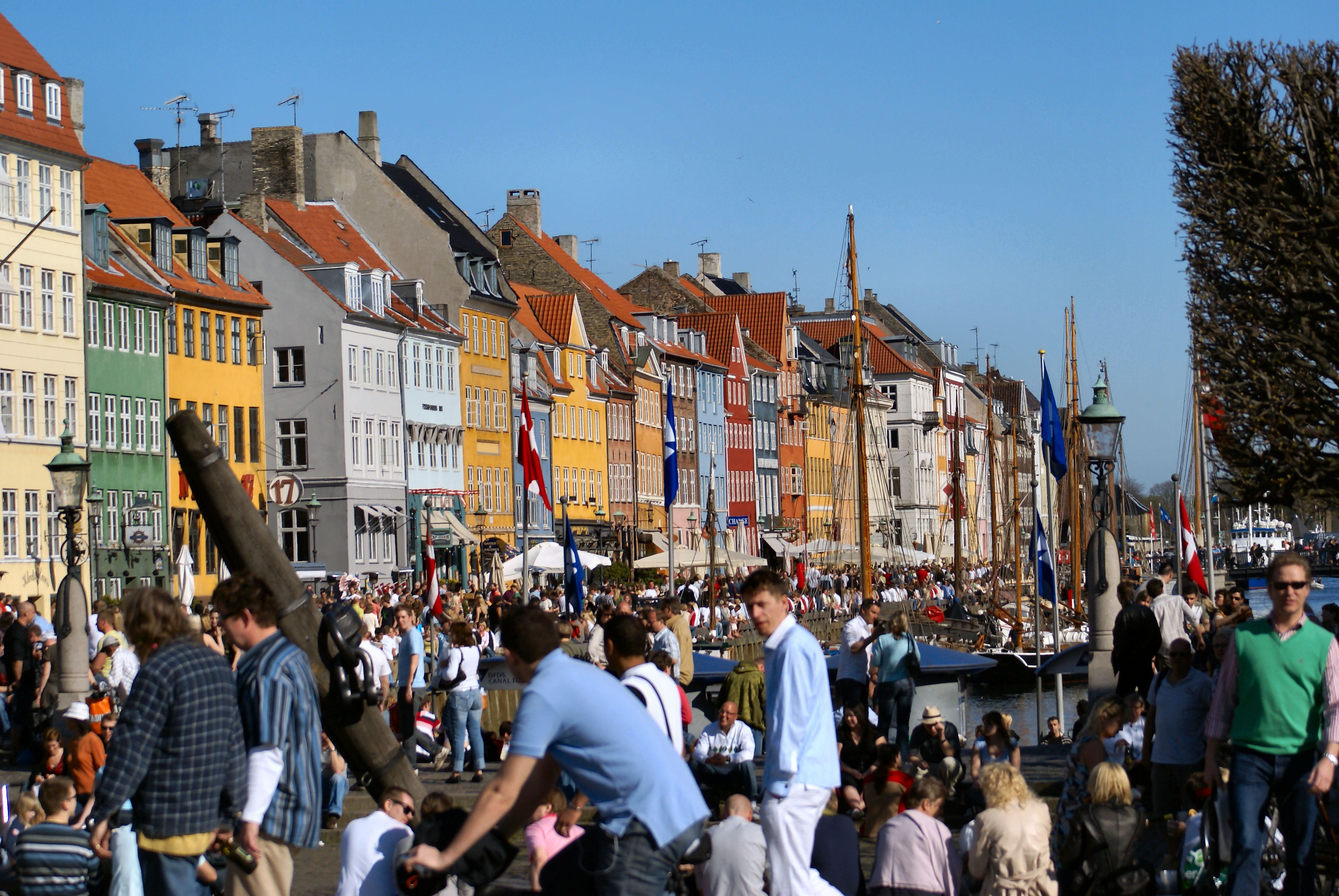Episode 1 – Den rejsende
Episode 2 – Genboen
The official title of the first episode of Matador, ‘Den rejsende’ (‘The Traveller’), refers to the arrival of widowed travelling salesman Mads Andersen-Skjern in Korsbæk, a fictional town modelled after Roskilde. But the episode could just as easily be called ‘The Interloper’, as it foreshadows a breakup of the established order in the sleepy town with the Andersen-Skjern as the catalyst.
The first episode provides character sketches of the main protagonists, and of the society of the town, which in the terms of railway worker Lauritz Jensen, nicknamed ‘Røde’ (‘Red’), hasn’t realised yet that the year is 1929, and that a new political and social era are dawning, with the emergence of the Social Democrats and the foundations of the modern welfare state being put into place.
The upper-class, led by the Varnæs family, is cast as old-fashioned and traditional. During the dinner party that serves as the centrepiece for their introduction, it is announced that Jørgen Varnæs will run for parliament for the Conservatives as they seek to regain control of parliament.
Among the working classes, we meet Oluf Larsen, a pig farmer who gives Andersen-Skjern and his son, Daniel, a room for the night after they unexpectedly decide to remain in Korsbæk.
Chafing against the constraints of this upper-class, lower-class order are three of the series’ main female characters – Vicki, the young wife of merchant Albert Arnesen, and daughter of an Army colonel who is a close friend of the Varnæs family; Elisabeth Friis, the unmarried sister of Maude Varnæs; and Agnes, a maid in the Varnæs household. All three appear to be dissatisfied with the established order, but react in their own ways.












